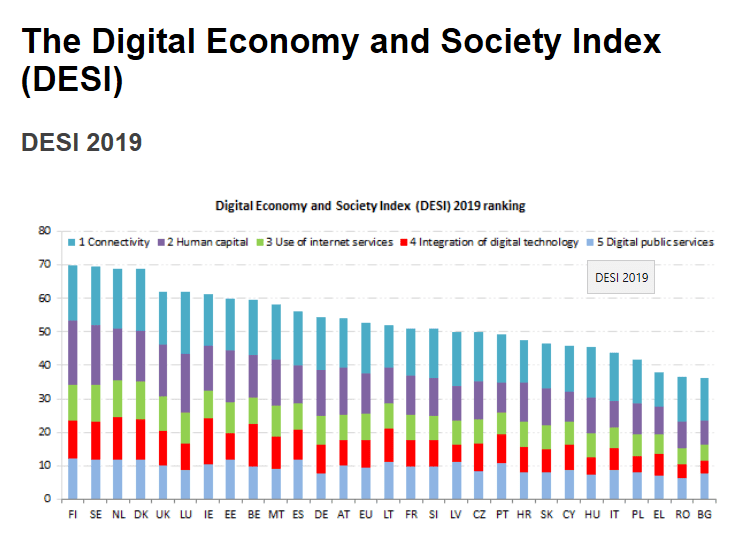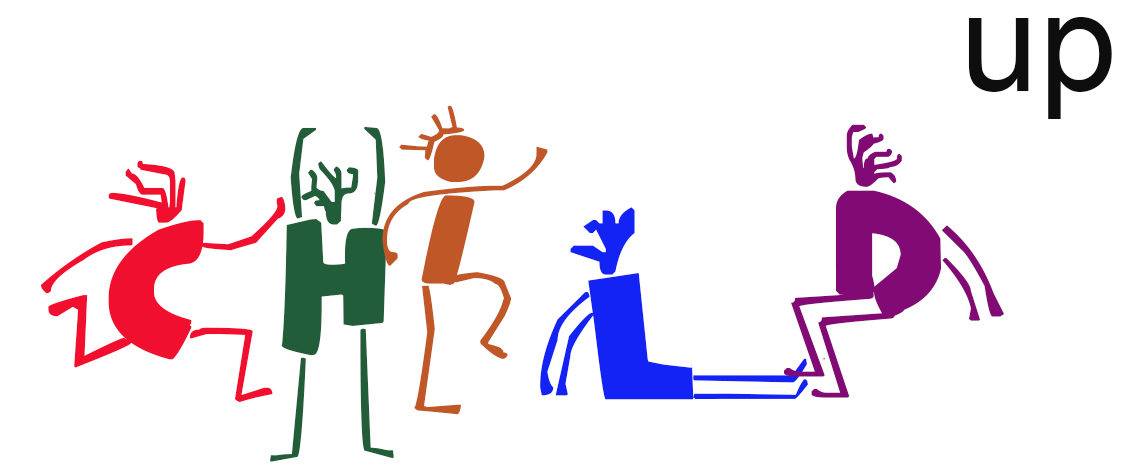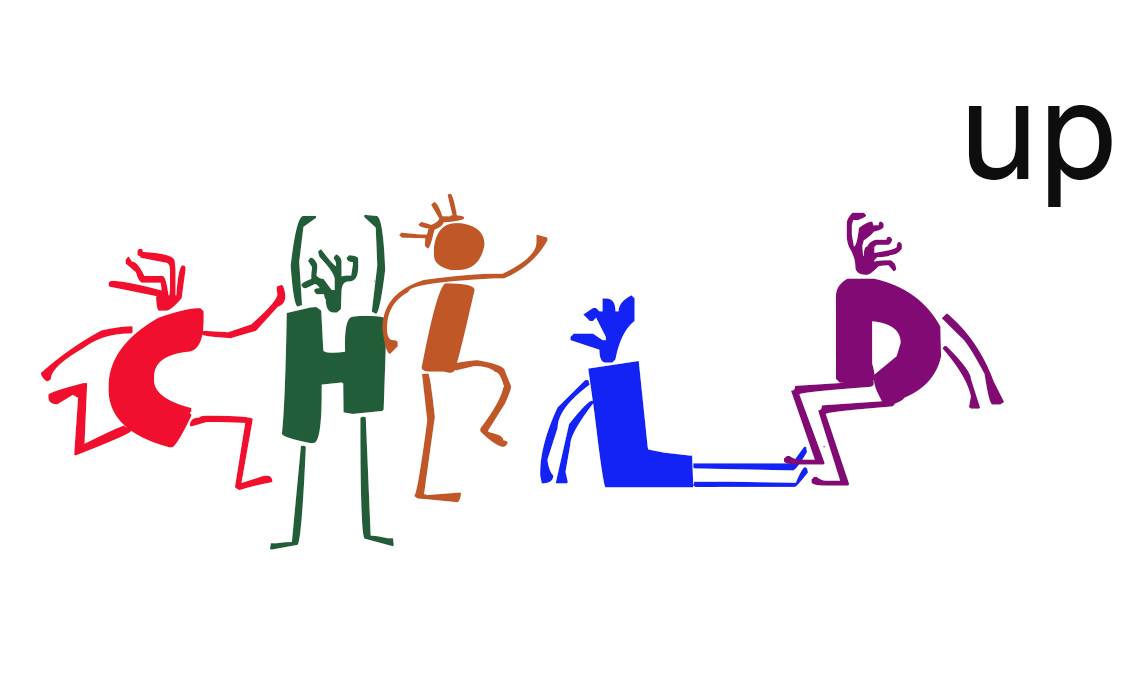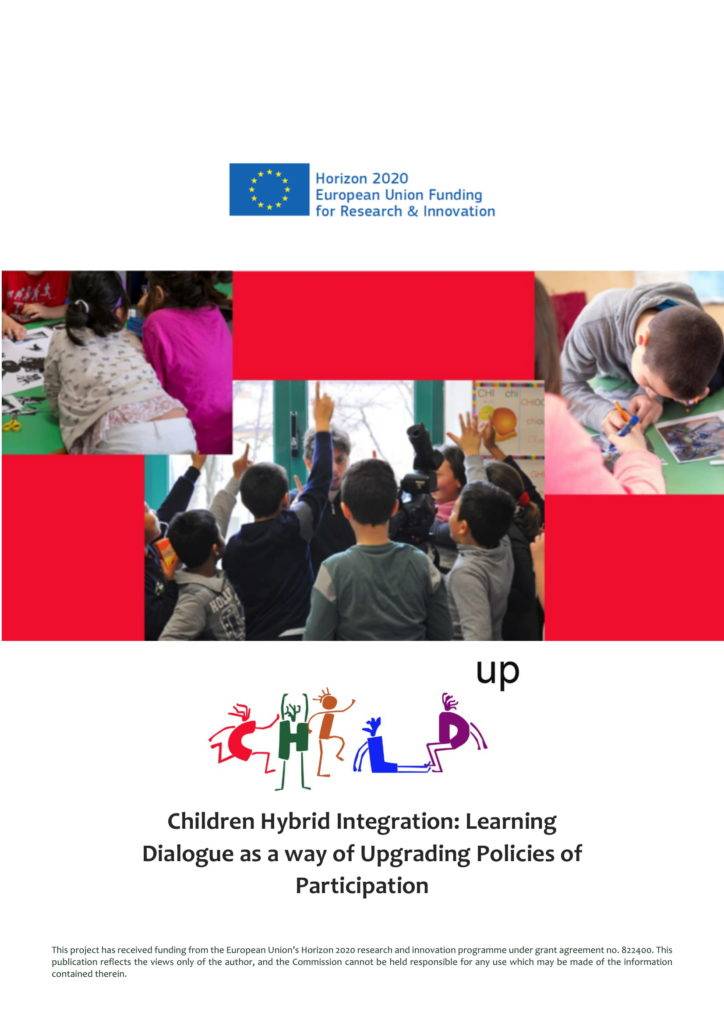News
How has the pandemic impacted the educational systems in Europe?
Posted on 22 June 2020 by CHILD-UP team
Various measures adopted according to countries and institutions
Very different measures have been adopted in the European countries to fight against COVID-19. These differences are notably due to a reduced spread of the virus in certain regions, but also to different political choices. Italy, which has been strongly impacted by the pandemic, decided to close all schools, which are supposed to re-open only in September. However, in Iceland, primary schools have remained open and secondary education institutions re-opened on May 4th.
In France, pupils are not obliged to go back to school, as the government has given autonomy to schools to decide whether to reopen or not depending on the capacities of the establishment. In the Lyon area (Rhone – France), most schools decided to adopt class rotations, with pupils present in the classrooms only 2 days per week. The Baccalaureate test has been removed and replaced by continuous evaluation, while in Italy pupils still have to sit an oral exam. Despite these differences, all establishments have adapted their own way to teach their classes while respecting social distancing and implementing strict sanitary protocols.
Parents also had to adapt and learn new skills to enable their children to pursue their learning online. You can read here the testimony of an English father living in Italy with his three children, who had to use his creativity to manage his kids’ education at home (from the Guardian).
An unequal access to digital services
We can see in the index below that all European countries do not have an equal level of digitalisation. The index takes into account connectivity, human capital, the use of internet services, the integration of digital technology and existence of digital public services. We find the Nordic countries at the top of the rating then come UK, Belgium, Spain, which are above the European average, and then France, Portugal, Italy, with Romania and Bulgaria at the bottom of the scale.

A part from the index of digitalisation, we should consider the unequal repartition of these digital services. Online and distance learning could not be adapted for pupils with difficulties and those without access to informatic devices and internet connection at home. The less fortunate pupils also risked missing out on the benefits of “continuous pedagogy” expected by governments. In the Lyon area, schools from working-class districts fear a massive dropout, according to this article from Médiacités – Lyon : “absenteeism is higher in priority education networks.”
The NGO Human Rights Watch warns about the detrimental consequences of school closure for children who are more likely to dropout or be excluded, and also for pupils who depend on school services such as health services and the canteen (half the pupils in the world depend on the school canteen for their daily lunch according to the NGO).
Data protection and children’s rights
Another sensitive topic related to online learning is the protection of data recording in the different pedagogical software used by teachers, pupils and parents. Indeed, lists of educational technologies recommended by the Italian Government or UNESCO, for instance, have been criticised as far as safety and privacy aspects are concerned, whereas open collaborative resources have sometimes encountered some user overload.
Solidarity initiatives and innovations to face the crisis
This crisis is revealing inequalities between and within countries regarding access to digital technologies, and the need to develop accessible pedagogical tools for every child, while respecting fundamental rights of children in terms of data protection and access to public services and internet. Numerous positive initiatives have emerged to face this situation, such as solidarity programmes or the elaboration of new innovative pedagogical practices. NGOs, like UNICEF, have notably created an online platform to help refugee and migrant children, as well as a school support programme in refugee camps (to read further see the article about the situation of refugee and migrant children in Europe).
Agence France Presse
Médiacités – Lyon
The Guardian
UNICEF
Human Rights Watch
https://tbinternet.ohchr.org/Treaties/CRC/Shared%20Documents/1_Global/INT_CRC_STA_9095_E.pdf
https://www.seainclusion.co.uk/post/the-many-problems-of-returning-to-school
https://telanganatoday.com/online-learning-and-the-marginalised
CHILD-UP researches into the level of integration of migrant children in Europe and their social condition, with the primary aim of providing support for migrant children’s exercise of agency in changing their own conditions of integration and constructing hybrid identities.



